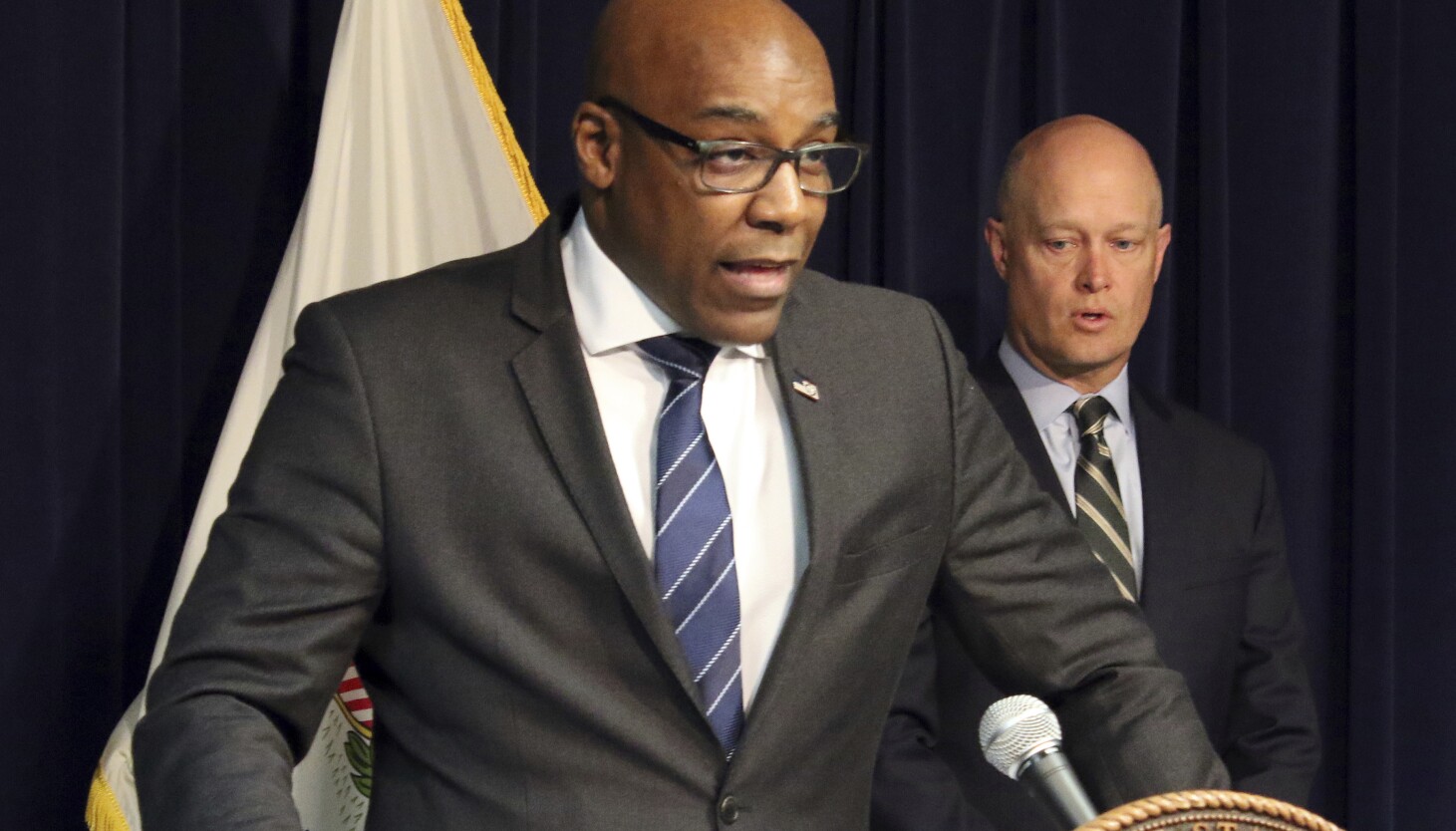States Sue USDA Over Abrupt SNAP Guidance Implementation
Illinois and 21 other states are challenging the USDA's new SNAP guidance in court, citing the agency's failure to provide the standard 120-day grace period for implementation.
Overview
- The United States Department of Agriculture (USDA) issued new guidance for the Supplemental Nutrition Assistance Program (SNAP) without a standard grace period.
- The USDA did not provide the customary 120-day grace period for states to implement the recently introduced SNAP guidelines.
- This decision by the USDA prompted significant legal challenges from a coalition of states across the nation.
- Illinois, alongside 21 other states, initiated lawsuits against the USDA regarding the immediate implementation of the new guidance.
- The legal actions aim to contest the USDA's failure to allow a transitional period for states to adapt to the updated SNAP regulations.
Report issue

Read both sides in 5 minutes each day
Analysis
Center-leaning sources cover this story neutrally by focusing on the factual details of the lawsuit filed by Illinois and other states against the USDA. They attribute all allegations and arguments to the plaintiffs, clearly distinguishing them from editorial assertions. The reporting includes attempts to solicit comments from the defendants, demonstrating balanced journalistic practice.
Articles (3)
Center (1)
FAQ
The USDA issued new SNAP guidance expanding harsh time limits and work requirements on adults up to age 65, including veterans, caregivers, and other groups, with immediate effect and without the customary 120-day grace period for states to implement the changes.
States argue that implementing these sweeping changes requires at least 12 to 18 months to properly update systems, inform affected individuals, and avoid administrative errors, but the USDA's abrupt deadline forces them to rush, creating confusion and higher risk of costly errors.
Starting in fiscal year 2028, states will be required to share the cost of SNAP benefits based on their payment error rates, with penalties up to 15 percent for higher error rates, potentially causing financial burdens if errors increase due to rushed implementation.
The USDA stated it will not hold states accountable for errors related to the new SNAP ABAWD work requirements in Quality Control reviews until November 1, 2025, offering a temporary 'hold harmless' period for error rates.
Illinois and 21 other states have filed lawsuits challenging the USDA for failing to provide the standard 120-day grace period for implementing the new SNAP guidance, seeking to block or delay the immediate enforcement of these rules.
History
- This story does not have any previous versions.


